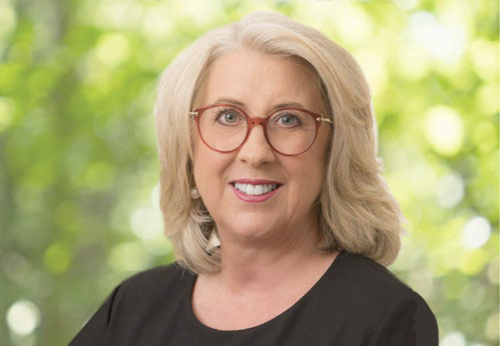Hi, I’m Vanessa Mathews from Byron Bay Family Law & Mediation Specialists. Today’s topic is children and parental responsibility. I’m going to provide you with some of the basic information you should have before you begin discussing child custody with your spouse or partner.
I also suggest you read the information provided on our website at mathewsfamilylaw.com.au and I highly recommend that you speak with a lawyer before signing anything or filing any court documents.
Often I find that people forget the most important part of their parenting dispute, which is of course, their children. Unless one parent is a physical or emotional danger to the children, most children are better off in the long run maintaining a close and meaningful relationship with both parents. The less fighting between you, the better it is for your children.
Before you begin discussing the children with your partner or spouse, there are a few important terms to remember. First, there’s equal shared parental responsibility. Australian law changed a few years ago and today, parents are generally given equal shared parental responsibility for their children. This doesn’t necessarily mean that the children live in both homes equally, but rather that both parents have the same rights in making major decisions for the children.
The other important term is custody which means who the children live with. There is primary custody where the children live more with one parent than the other, then there’s shared care, where the parents have more shared time with the children. You and your partner can also come up with your own parenting agreement, which is an arrangement for taking care of your children.
A good parenting agreement should be as detailed as possible. It should include where the children will be on each days of the week and during the school holidays, how major decisions for the children will be made, such as the religion they have to be raised in and the schools they will attend. The agreement should also look towards the future. For example, by anticipating the changes from primarily to secondary school, extra- curricular activities and healthy expenses such as orthodontics.
A good parenting agreement will also have a way for resolving disputes. So, when there is a disagreement, there is a clear way to solve the problem. For example, some couples require that they first sit down and talk to each other to come to a compromise. Others might decide that it’s best to turn to a mediator or family dispute resolution practitioner.
You can submit this agreement to the court for approval, which makes it binding on both sides this is called a consent parenting order or you can opt for a parenting plan, which is not binding on either of you. If you can not agree between yourselves, you can bring the dispute to the court and a judge will decide for you.
We believe it’s always better for parents, and not the judge, to decide about children as it is you who knows what’s best for them. The co-parenting calendar on the Byron Bay Family Law & Mediation Specialists website will help you and your spouse or partner to plan your children’s living arrangements. I’m Vanessa Mathews at Byron Bay Family Law & Mediation Specialists.











